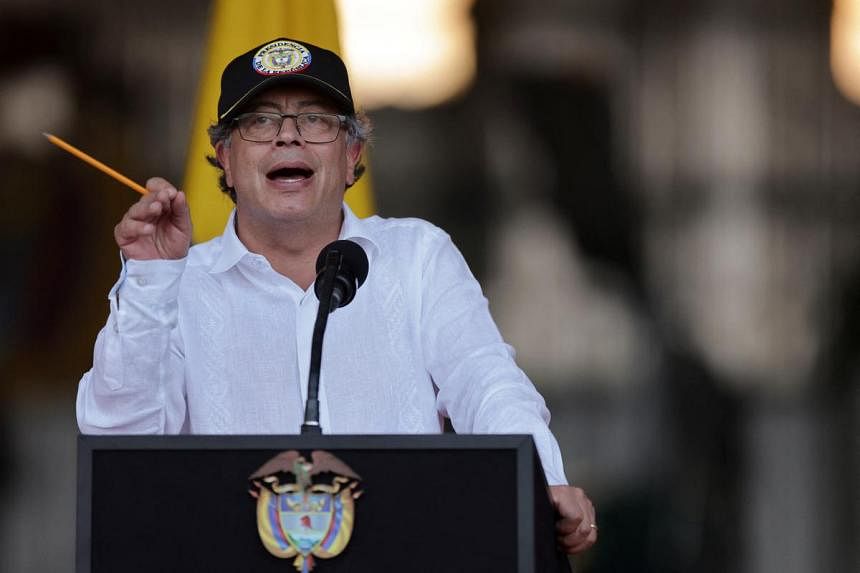BOGOTA - A senate committee on Wednesday rejected a health reform proposed by the government of Colombian President Gustavo Petro, in a new defeat for the leftist, who has struggled to push new laws for his cornerstone promises through the Andean country's Congress.
The reform was aimed at stripping power from insurers and expanding access to healthcare, according to the government, while detractors warned it would open the door to corruption.
The move - with nine votes in favor and five against - is likely to cheer markets, which have been wary of reform efforts.
Petro lamented the vote on social media platform X, saying the committee was sending the message that major reforms are not possible and adding that business owners have become the "owners of politics."
"The government respects democratic rules and within the bounds of democratic rules will insist that Colombia needs a health reform," said Interior Minister Luis Fernando Velasco.
The government will be able to propose a new version of the reform during the next legislative session, which begins in July.
Petro's government this week took control of two major insurers - Sanitas and Nueva EPS, which combined have some 16 million insured - alleging they have failed to provide adequate care.
The opposition criticized the move, saying it would give the government greater control over the healthcare system.
The government may try to intervene more through regulators in response to the legislative defeat, said Sergio Guzman of Colombia Risk Analysis.
Petro is also pushing a pension reform and changes to labor laws. The Senate could vote to reject the pension effort later on Wednesday.
The health bill proposed creating a government agency that would centralize payments to ensure quick disbursements to clinics and hospitals, which frequently complain of paying delays.
According to the body that administers payments to the health system, the government owes about 2 trillion pesos ($511.7 million) to healthcare providers, although hospitals, clinics and other organizations say the figure is much higher - around 10 trillion pesos.
The reform also proposed the creation of primary care centers to guarantee timely care for patients and free up emergency services, but limited patients' choice of clinics to ones close to their residence. REUTERS

